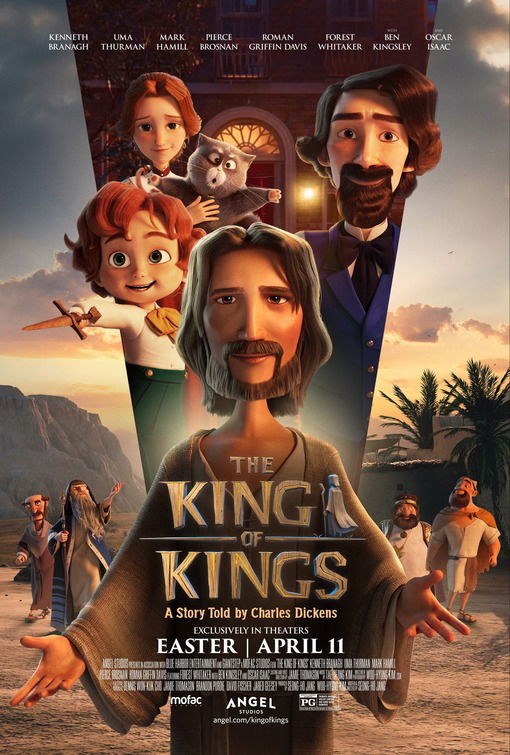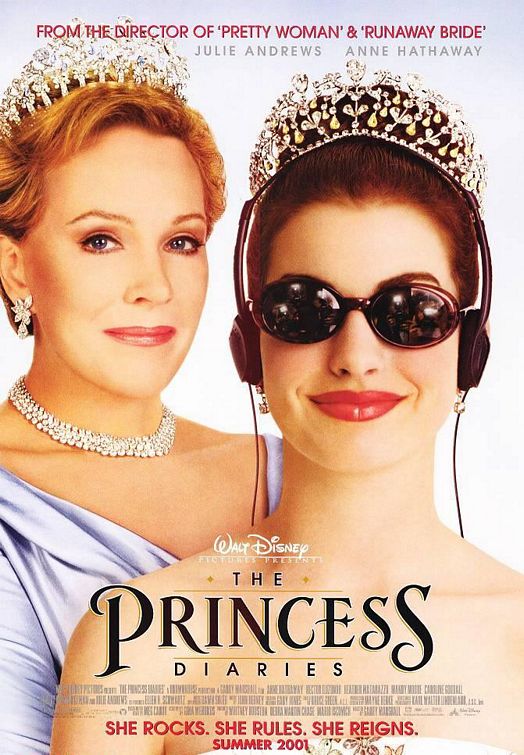
By India McCarty
AI makes everything easier these days, including cheating. As more students turn to the tech to help them in school, teachers have to redefine their concept of cheating on tests and papers.
“The cheating is off the charts. It’s the worst I’ve seen in my entire career,” Casey Cuny, an English teacher of 23 years, told the AP News. “Anything you send home, you have to assume is being AI’ed.”
EducationWeek reported that, in a survey conducted by Turnitin, “some AI use was detected in about 1 out of 10 assignments,” and that “at least 20 percent of each assignment [they reviewed] had evidence of AI use in the writing.”
Cuny continued, “We have to ask ourselves, what is cheating? Because I think the lines are getting blurred.”
Related: How AI and ChatGPT are Changing Education
Students agree, with many saying they turn to ChatGPT for help with brainstorming. However, it’s all too easy to take the chatbot up on its offer of simply writing the paper or doing the work for them.
“Sometimes I feel bad using ChatGPT to summarize reading, because I wonder, is this cheating? Is helping me form outlines cheating? If I write an essay in my own words and ask how to improve it, or when it starts to edit my essay, is that cheating?” college sophomore Lily Brown said.
She explained that there is a gray area when it comes to how teachers enforce AI restrictions — most syllabi say things like “Don’t use AI to write essays and to form thoughts,” but that leaves a lot of wiggle room for students who want to use the technology.
Now, schools work to put detailed rules about AI use in place, hoping to cut down on any cheating. The University of California, Berkeley emailed faculty with AI guidance that told them to “include a clear statement on their syllabus about course expectations” surrounding the tech.
The University of Kansas has also made their guidelines clear, with James Basham, a professor of special education and director of the school’s Center for Innovation, Design & Digital Learning calling the rules “a foundation.”
“As schools consider forming an AI task force, for example, they’ll likely have questions on how to do that, or how to conduct an audit and risk analysis,” he explained in an interview with KU’s newspaper. “The framework can help guide them through that, and we’ll continue to build on this.”
It can be tricky to decide what’s cheating and what’s just a little extra help when it comes to using AI, but as schools wise up, regulations for the tech use are becoming more widespread.
Read Next: Is ChatGPT Use Becoming More Common Among School Kids?
Questions or comments? Please write to us here.


 - Content:
- Content: 

